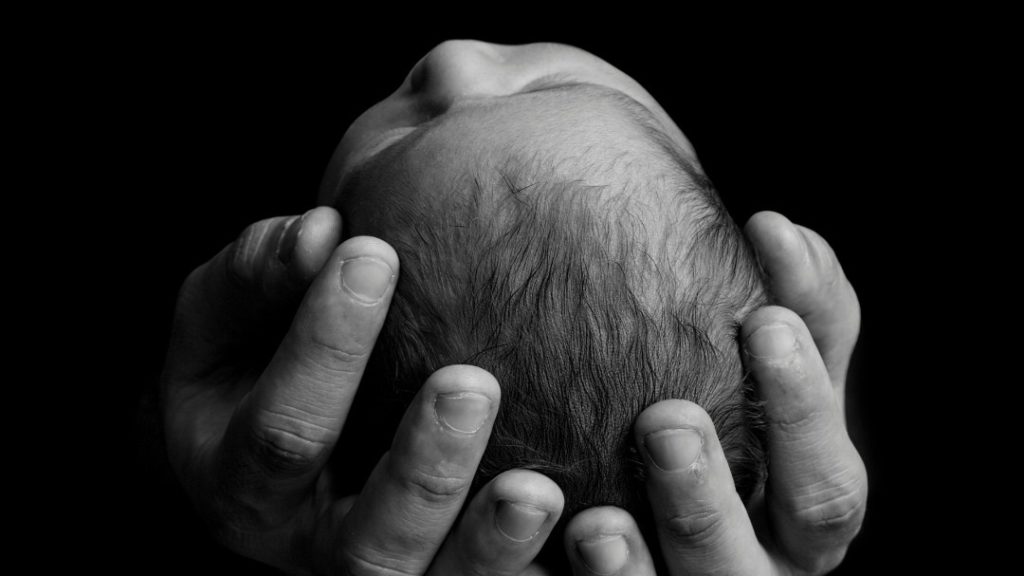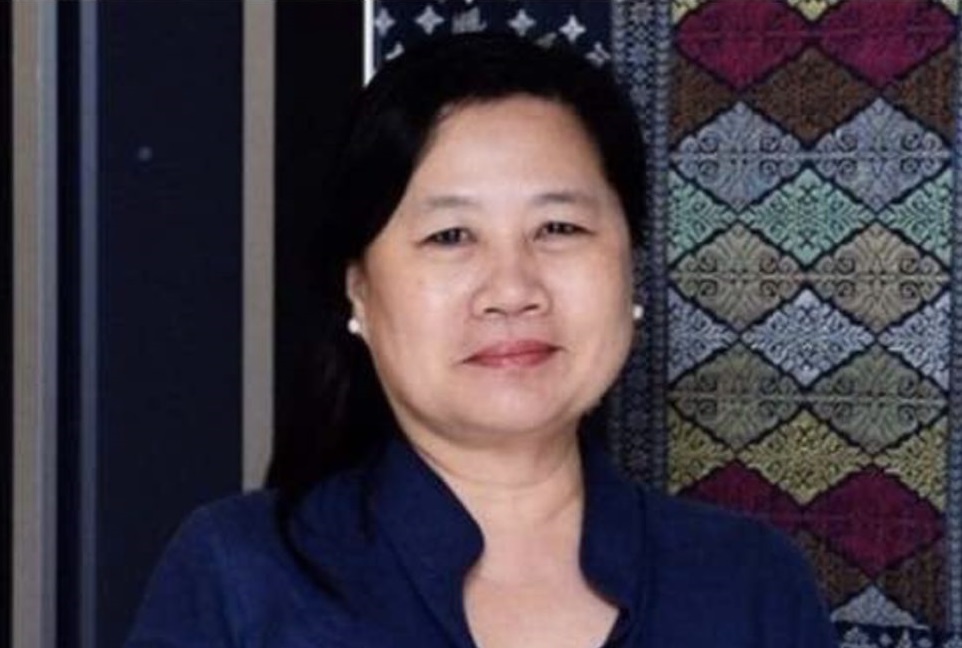
By Yuet Mee Ho-Nambiar
With news frequently breaking around us in regions across the world about the numerous strife we find ourselves in, I have been thinking a lot about this profound statement lately – that ‘each member of the human race is born into the world as a trust of the whole and has a responsibility to the whole.’[1]
That we are all born into this world vulnerable and powerless – completely at the mercy of others. Truly, the only way we can even survive past day one of our existence is if we receive love and kindness and is cared for by another human being. As our infant selves grow and gain strength over time to become independent, surely, we have a moral responsibility to reciprocate and pay this loving-kindness forward.
Indeed, this trusteeship constitutes the moral foundation of most of the rights articulated in the United Nations Universal Declaration of Human Rights. The security of the family and the home, the ownership of property, the right to citizenship and privacy are all implied in such a trusteeship. The obligations on the part of the community extend to the provision of employment, mental and physical health care, social security, fair wages, rest and recreation, and a host of other reasonable expectations on the part of the individual members of society.
If we believe that this concept of trusteeship should prevail with all our relationships including that with nature as well as intergenerationally, then by logical extension, we ought to believe that the world should work for every one of us. Not a world where many do not have equitable access to our planetary resources. Neither a world where women and minority communities are disadvantaged or marginalised. Nor a world where we destroy our natural habitat without a care about the impact on future generations.
Let us look at our workplace as a microcosm of our society. Most of us spend our lives at work in organisations that are often focussed on limited goals, and where structures have been created that make us passive spectators instead of active participants in building our common future. In such settings, we are not enabled to tap into the immense potential that we have at our disposal to direct our energies towards making the world work for all of humanity.
One way to do this is perhaps to re-think what it means to work, and the assumptions underlying the role of companies, and management leadership. We could also learn how to activate the potential in all of us to be agents of change who can transform our companies into communities through the power of the human spirit to love, learn, cooperate, and serve. Would we help to make the world work for all of us if we re-assess the values we need to guide our collective behaviour, which might include alignment with the principles of unity, truthfulness, trust, and cooperation, as well as how to create meaningful sustainable partnerships with others based on trust, friendship, collaboration and reciprocity? Perhaps in such settings, leaders are those whose focus is to promote unity between people and to accompany others to raise their capacity.
Even as the world is emerging from the pandemic, humanity continues to be challenged with numerous economic, environmental, societal and governance issues affecting us all. COVID 19 has shown us that when humanity has collective will, it will draw from our collective stores of hope, faith, and magnanimity to behave with fortitude, determination, and cooperation as one global system. I am hence hopeful that when we truly recognise our fundamental relationships with each other – that we are all born into the world as a trust of the whole and has a responsibility to the whole – not only would we wish to overcome our differences, but we would also celebrate the beauty of our diversity, and would arise to serve to contribute towards making the world work for all of us.
[1] The Prosperity of Humankind, Baha’i International Community, 3 March 1995

Guided by personal ethics of ‘do more good’, Yuet Mee Ho-Nambiar has a long involvement with sustainability and community building activities. Belief in the oneness of humanity and the nobility of man underpins her interest in matters relating to unity and social cohesion of communities, while her background in a finance-related profession focuses her interest to the area of inclusive economics and development.
The views expressed here are that of the writer’s and not necessarily that of Weekly Echo’s.